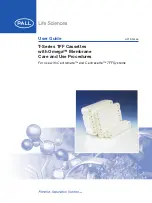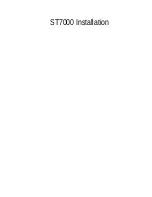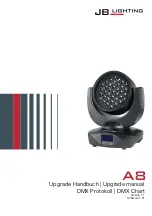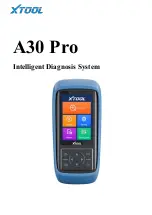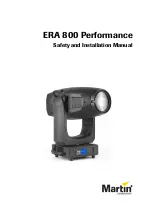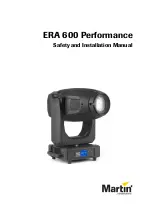
Avenue
®
T TLIF Cage—Surgical Technique Guide
5
STEP 2
Depending on the pathology, it may be necessary to
partially or fully resect the facet joint and/or the lamina. A
facetectomy and/or laminotomy is performed using the
surgeon's preferred technique and instruments.
Nerve root retractors (6 and 10mm) may be used to
protect surrounding nerve structures.
Note:
Facet resection is not mandatory, if the approach
allows sufficient access for the discectomy.
Identify the desired disc and start disc resection using
a scalpel. Perform the discectomy using the surgeon's
preferred technique and instruments (e.g. cobbs, pituitary
rongeurs, or curettes)
(Figure
2)
.
FACETECTOMY AND DISC SPACE PREPARATION
Figure 2
Facet resection for a TLIF approach
























